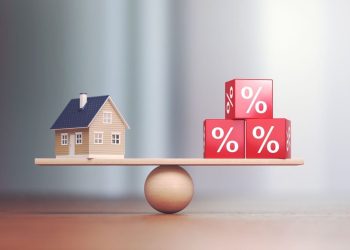 Today is a tempting time to buy a home with interest rates and prices at their lowest levels in years. Deciding whether to buy or rent can be complicated, and potential homebuyers have a lot to consider this summer. As part of National Homeownership Month, the American Bankers Association came up with these key questions to help shoppers make wise financial choices when considering buying a home.
Today is a tempting time to buy a home with interest rates and prices at their lowest levels in years. Deciding whether to buy or rent can be complicated, and potential homebuyers have a lot to consider this summer. As part of National Homeownership Month, the American Bankers Association came up with these key questions to help shoppers make wise financial choices when considering buying a home.
1. How much can you afford to put down? Can you afford the monthly payment?
A mortgage down payment of 5 to 20 percent of the selling price is typical, but can vary depending on the situation. The size of the down payment will impact the monthly cost. Assess your financial health, determine how large of a down payment you can afford and consider if you can then afford the monthly cost.
2. What other debt do you have? Consider all of your current and expected financial obligations and ensure you are able to make all the payments. Aim to keep total rent or mortgage payments plus other credit obligations fewer than 35 to 40 percent of your monthly income. If you can’t keep payments below that, you may be better off renting for a while or searching for a more affordable home.
3. What is my credit score? Can I qualify for a good interest rate? A high credit score indicates strong creditworthiness, which qualifies you for better interest rates on a mortgage. Maxing out your credit lines and paying bills late will lower your credit score, and the impact of a credit score on interest rates can be significant. For instance, a borrower with a score of 760 could pay nearly 2 percentage points less in interest than someone with a score of 620. That equates to over $3,000 less in mortgage payments each year. If your credit score is low, you may want to delay buying a home and take steps to raise your score.
4. How much will taxes, monthly maintenance or other fees cost? Owning a home means you will have to pay real estate taxes and other costs like insurance and maintenance. However, owning a home can bring tax savings at the end of the year. Remember to factor in these costs and incentives. Renters have neither these costs, nor tax advantages.
5. How many years will I stay here? Generally, the longer you plan to live someplace, the more it makes sense to buy. Over time, you can build equity in your house where renters do not. Yet, renters have greater flexibility to move as they don’t have to worry about finding new tenants.
For more information, visit http://www.aba.com/.










